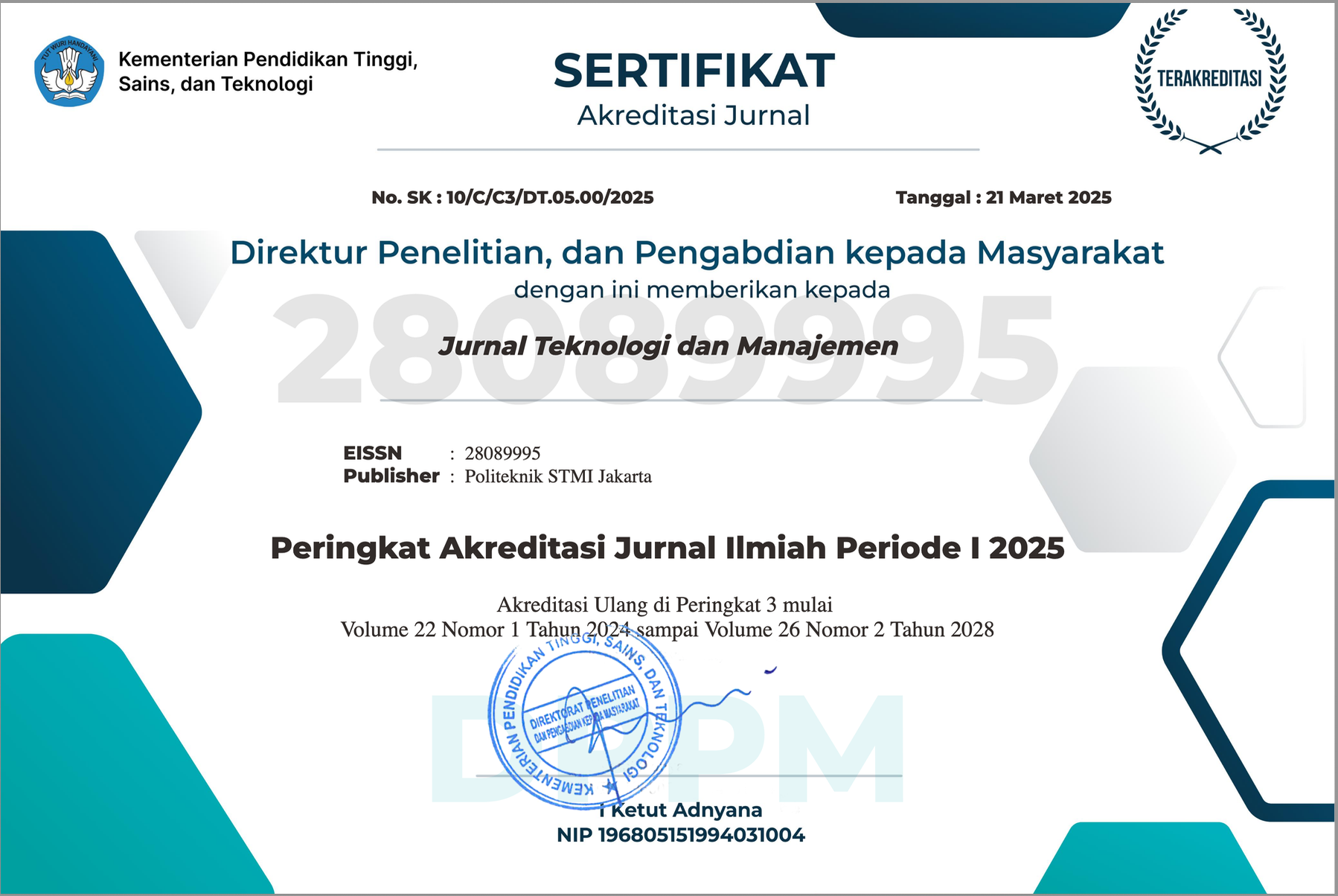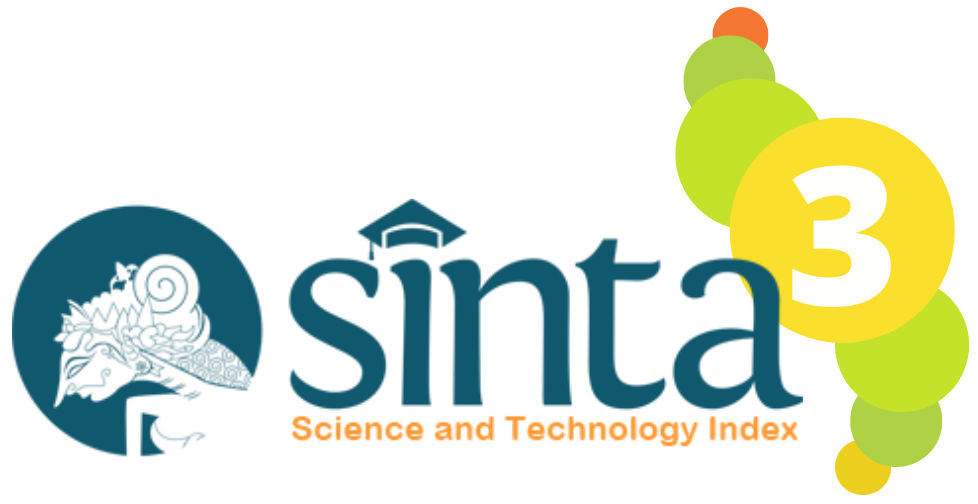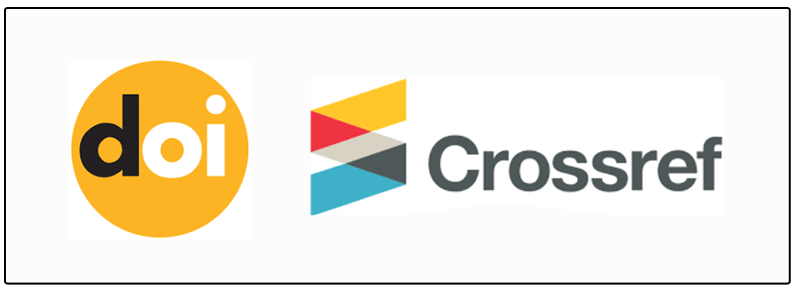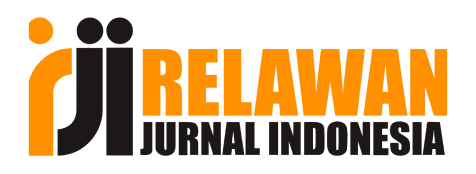Leadership During ERM Transition Implementation in The Public Sector
DOI:
https://doi.org/10.52330/jtm.v22i1.242Keywords:
leadership commitment, risk management, leadership, tone at the top, leadership riskAbstract
This research aims to determine the appropriate leadership style in the public sector transition period from implementing vernacular risk management to formal risk management or ERM. This leadership style also considers leadership factors, and implementing a risk culture has become the main factor in implementing ERM in various studies. The research method uses a descriptive qualitative approach, with a research strategy in the form of case studies. The data used is primary data and secondary data. Primary data is the results of interviews with 16 respondents who are parties who participate in managing risks at the ZYX ministry. Secondary data is all internal and external data related to MRPN. The general conclusion is that Agile leadership is needed so that ZYX Ministry can adapt to the VUCA era. Leaders with agility can guide their organizations to become faster, more adaptive, and more productive. Agile Governance is the key to responsive and proactive governance.
References
Alawattegama, K. K. (2022). Enterprise risk management: Challenges and the strategies for success. International Journal of Research in Business and Social Science (2147- 4478), 11(6), 110–115. https://doi.org/10.20525/ijrbs.v11i6.1931
Alijoyo, F. A. (2021). Risk Management Implementation in Public Sector Organizations-Global Phenomena. International Journal of Current Science Research and Review, 04(03). https://doi.org/10.47191/ijcsrr/V4-i3-07
Alijoyo, F. A., & Fisabilillah, A. F. (2021). Risk Management Implementation in Public Sector Organizations: A Case Study of Indonesia. Organizational Cultures: An International Journal, 22(1), 1–23. https://doi.org/10.18848/2327-8013/CGP/v22i01/1-23
Andersen, T. J., & Young, P. C. (2021). Strategic Risk Leadership. Routledge. https://doi.org/10.4324/9781003148579
Andersen, T. J., & Young, P. C. (2023a). Enhancing public sector enterprise risk management through interactive information processing. Frontiers in Research Metrics and Analytics, 8. https://doi.org/10.3389/frma.2023.1239447
Andersen, T. J., & Young, P. C. (2023b). Reshaping Public Sector (Enterprise) Risk Management. International Journal of Public Administration, 1–6. https://doi.org/10.1080/01900692.2023.2197170
Bougie, R., & Sekaran, U. (2020). Research Methods for Business (8th ed., Vol. 8). Wiley.
Carlsson-Wall, M., Kraus, K., Meidell, A., & Tran, P. (2019). Managing risk in the public sector-The interaction between vernacular and formal risk management systems. Financial Accountability & Management, 35(1), 3–19. https://doi.org/10.1111/faam.12179
Fourie, W. (2022). Leadership and risk: a review of the literature. Leadership & Organization Development Journal, 43(4), 550–562. https://doi.org/10.1108/LODJ-08-2021-0394
Grieser, F., & Pedell, B. (2022). Exploring risk culture controls: to what extent can the development of organizational risk culture be controlled and how? Journal of Accounting & Organizational Change, 18(5), 752–788. https://doi.org/10.1108/JAOC-11-2020-0189
Hassan, M. K., Abdulkarim, M. E., & Ismael, H. R. (2022). Risk governance: exploring the role of organisational culture. Journal of Accounting & Organizational Change, 18(1), 77–99. https://doi.org/10.1108/JAOC-01-2021-0003
Histaris Suzan, N. (2023). Leadership Agility dalam Mewujudkan Kepolisian Republik Indonesia yang Adaptif Dan Presisi di Era Vuca. COMSERVA: Jurnal Penelitian Dan Pengabdian Masyarakat, 3(02), 755–762. https://doi.org/10.59141/comserva.v3i02.823
Kapucu, N., & Ustun, Y. (2018). Collaborative Crisis Management and Leadership in the Public Sector. International Journal of Public Administration, 41(7), 548–561. https://doi.org/10.1080/01900692.2017.1280819
Kargas, A. D., & Varoutas, D. (2015). On the relation between organizational culture and leadership: An empirical analysis. Cogent Business & Management, 2(1). https://doi.org/10.1080/23311975.2015.1055953
Kim, H. (2014). Transformational Leadership, Organizational Clan Culture, Organizational Affective Commitment, and Organizational Citizenship Behavior: A Case of South Korea’s Public Sector. Public Organization Review, 14(3), 397–417. https://doi.org/10.1007/s11115-013-0225-z
Miller, P. (2022). Does Your Organization Assess Risk Culture? If Not, It Should. Here’s How. Frontiers in Research Metrics and Analytics, 7. https://doi.org/10.3389/frma.2022.891324
Raine, J. W., & Lloyd, H. (2013). Public Management Reform and the Regulation of Private Business: Risk-Driven, Customer-Centric, and All Joined-Up? International Journal of Public Administration, 36(10), 695–709. https://doi.org/10.1080/01900692.2013.791313
Rogoff, K. (2022, March). Russia’s invasion of Ukraine could upend fiscal and monetary policy in advanced economies. International Monetary Fund (IMF). https://www.imf.org/en/Publications/fandd/issues/2022/03/the-long-lasting-economic-shock-of-war
Saunders, M. N. K., Lewis, P., & Thornhill, A. (2019). Research Methods for Business Students (8th ed.). Pearson.
Simanungkalit, D., & Tobing, A. (2022). A Study on the Maturity of Risk Management using the RIMS Risk Maturity Model ® Approach in Investigating Activities at Law Enforcement Agencies for Corruption. Budapest International Research and Critics Institute-Journal (BIRCI-Journal), 5(2).
van der Sluis, L. E. C. (2021a). Introduction (pp. 1–3). https://doi.org/10.1007/978-3-030-69407-4_1
van der Sluis, L. E. C. (2021b). Leadership for Risk Management. Springer International Publishing. https://doi.org/10.1007/978-3-030-69407-4
Wilson, S. (2023). Leadership in a VUCA context: Some foundational considerations. Journal of Applied Journalism & Media Studies, 12(2), 169–183. https://doi.org/10.1386/ajms_00112_1
Downloads
Published
How to Cite
Issue
Section
License
Copyright (c) 2024 Jurnal Teknologi dan Manajemen

This work is licensed under a Creative Commons Attribution-NonCommercial 4.0 International License.



















